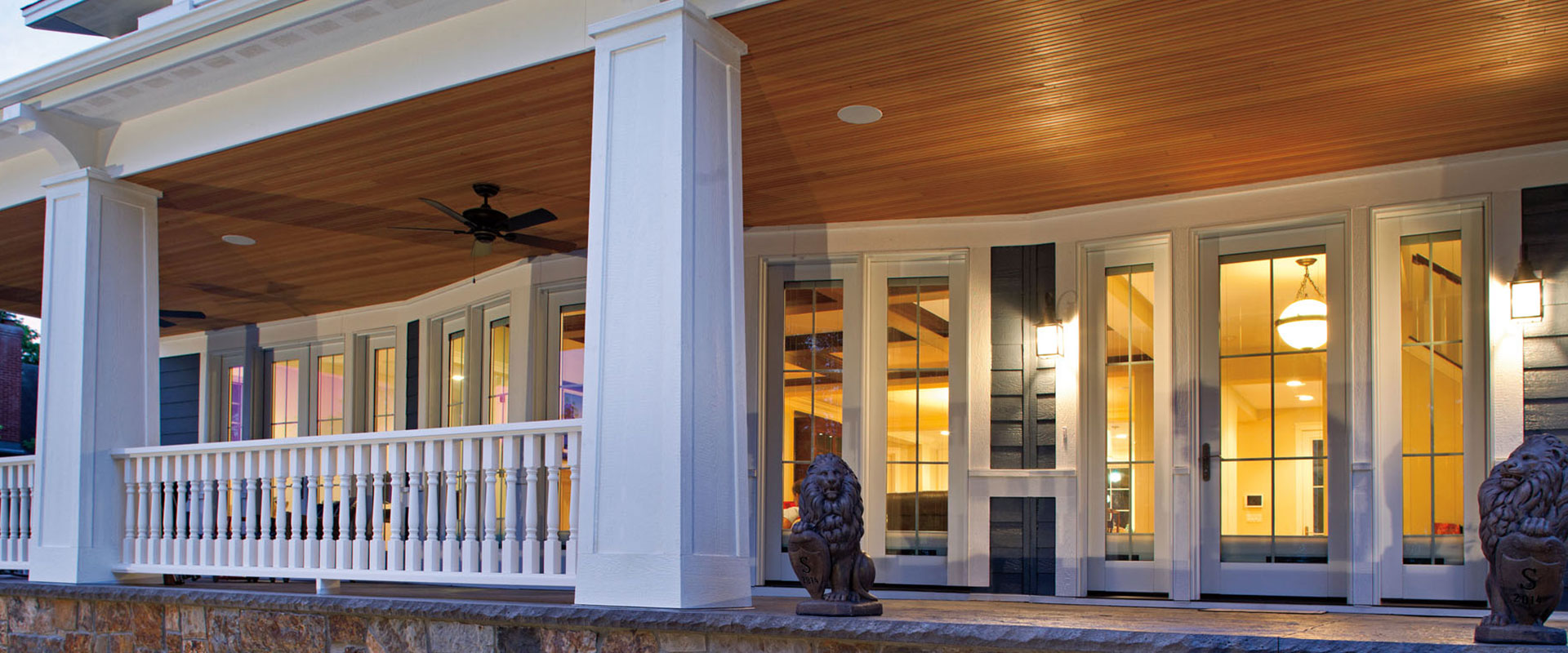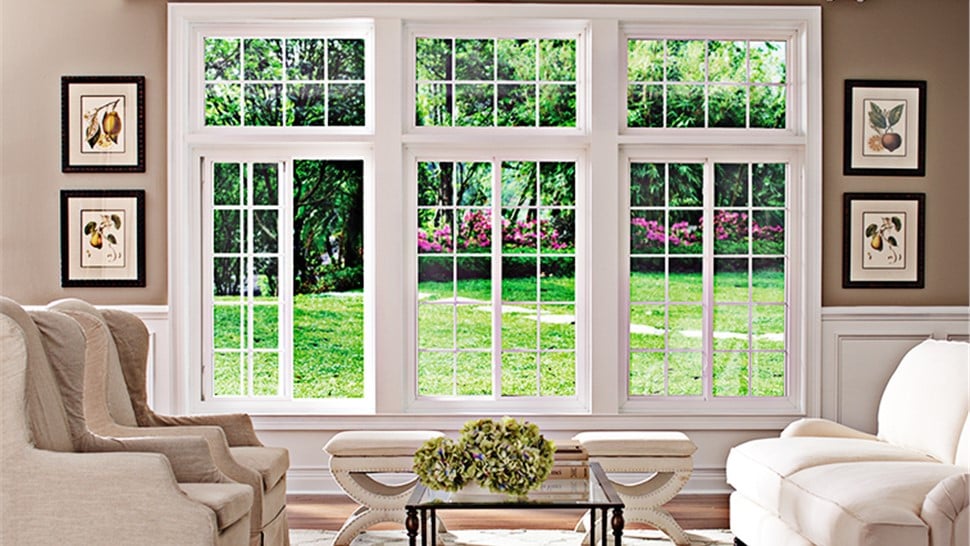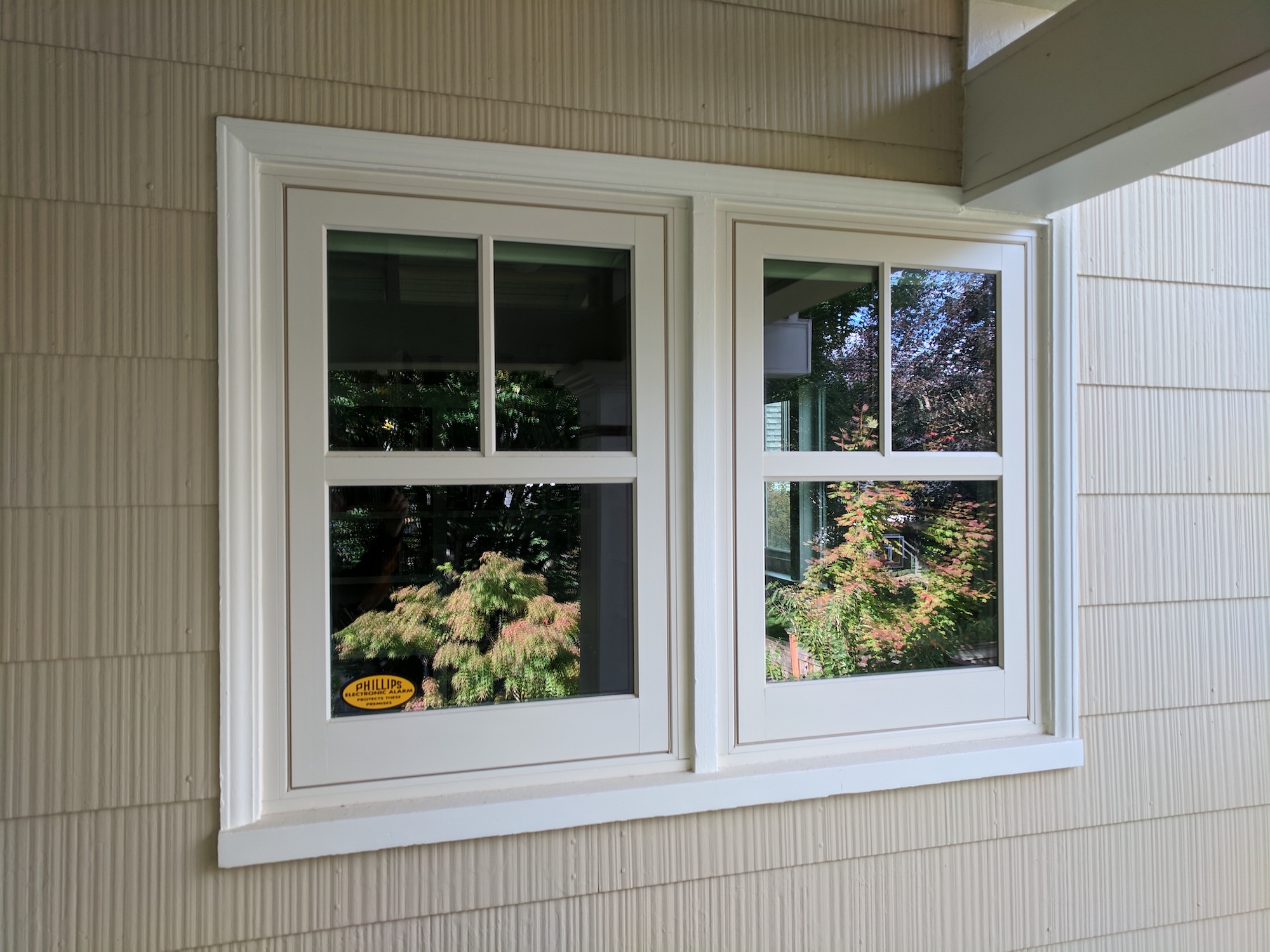High-Quality Window Replacement Services in Your Area
Wiki Article
Upgrade Your Home With Energy-Efficient Home Window Replacements
In the world of home improvement, the choice to update to energy-efficient window substitutes can significantly influence both the functionality and aesthetics of a house (Jersey Village window replacement). As house owners look for methods to boost the efficiency and sustainability of their home, the choice of windows plays a crucial role in accomplishing these objectives. Beyond the surface level of plain visual appeals, energy-efficient home windows supply a plethora of advantages that go beyond simple visual allure. With a mindful selection process that thinks about different elements, from glass kinds to setup strategies, getting started on this home upgrade trip might confirm to be a transformative undertaking.Advantages of Energy-Efficient Windows

The setup of energy-efficient windows provides significant financial savings on utility costs while boosting environmental sustainability. Energy-efficient windows are designed to reduce heat loss and gain, lowering the requirement for heating and cooling down systems to burn the midnight oil. By efficiently insulating the home, these home windows help maintain a comfy indoor temperature level year-round, leading to reduced power consumption and lowered utility prices. Furthermore, energy-efficient windows can aid control dampness degrees within the home, decreasing the threat of mold and mold growth.
Beyond the monetary benefits, energy-efficient windows contribute to ecological sustainability by decreasing carbon exhausts associated with power production. On the whole, investing in energy-efficient home windows not just enhances the comfort and performance of a home however additionally aligns with environmentally conscious practices.
Types of Energy-Efficient Glass
Different sophisticated kinds of energy-efficient glass deal unique residential or commercial properties that cater to different needs and preferences in improving the sustainability and effectiveness of structures. Low-emissivity (Low-E) glass is a preferred alternative designed to minimize the amount of ultraviolet and infrared light that can travel through the glass, therefore decreasing warmth transfer. This kind of glass aids maintain a constant indoor temperature level, lowering the requirement for heating or cooling down systems, and inevitably reducing energy costs. An additional ingenious option is spectrally careful glass, which enables visible light to pass with while obstructing certain sorts of infrared radiation. This helps in preserving a comfortable interior atmosphere while reducing warmth gain. Triple-pane glass, containing three layers of glass with shielding gas between them, provides boosted thermal insulation, making it highly energy-efficient. In addition, self-cleaning glass with a special covering that damages down and loosens dust when subjected to sunshine can decrease upkeep requirements and maintain home windows looking clean. Each kind of energy-efficient glass provides distinctive advantages, permitting homeowners to pick one of the most suitable alternative based on their specific needs and objectives.Elements to Take Into Consideration When Choosing
When contemplating energy-efficient home window substitutes, it is crucial to meticulously examine details aspects that align with your sustainability goals and preferred energy financial savings. The U-factor procedures just how well the window protects, with reduced numbers indicating much better insulation, while the SHGC shows the window's ability to obstruct warmth from sunlight. By thoroughly assessing these elements, you can choose energy-efficient windows that improve comfort, minimize power costs, and profit the environment.Installment and Maintenance Tips

Routine maintenance is crucial to protecting the performance of your energy-efficient home windows. Evaluate the home windows occasionally for any signs of wear, damage, or sealer wear and tear. Clean the frameworks, tracks, and glass frequently using moderate soap and water to get rid of dirt and crud that can affect performance. Check the weather-stripping and seals for any type of gaps or splits and change them if needed to keep the windows' energy performance.
Furthermore, lube moving components such as joints and locks to make certain smooth procedure. By adhering to these setup and maintenance pointers, you can improve the power performance of your home and extend the lifespan of your energy-efficient home windows.
Cost-Benefit Analysis of Updating

Energy-efficient windows are developed to lessen warm transfer, minimizing the requirement for home heating and cooling systems to burn the midnight oil. This can lead to significant savings on power costs, especially in regions with extreme temperatures. Additionally, energy-efficient home windows can improve the general value of click reference your home, making my link it more eye-catching to possible purchasers if you choose to sell in the future.
When computing the cost-benefit evaluation, consider the potential financial savings on power expenses, any readily available rewards or rebates, and the lifespan of the home windows. While the preliminary cost might be higher, the lasting financial savings and advantages of energy-efficient home windows make them a wise investment for home owners aiming to enhance their residential property's energy performance and value.

Final Thought
In conclusion, upgrading to energy-efficient home window substitutes offers numerous advantages such as reduced energy usage, raised convenience, and cost savings. By choosing the proper kind of energy-efficient glass and considering elements like framework product and installment, homeowners can make best use of the efficiency of their windows.When contemplating energy-efficient window replacements, it is critical to carefully evaluate particular elements that line up with your sustainability goals and preferred energy cost savings. The U-factor steps exactly how well the window insulates, with lower numbers indicating better insulation, while the SHGC shows the home window's capacity to obstruct warm from sunshine. By very carefully reviewing these variables, you can pick energy-efficient home windows that improve comfort, reduce continue reading this energy prices, and profit the setting.
While energy-efficient home windows may have a higher upfront cost contrasted to standard windows, the long-lasting benefits frequently surpass the initial financial investment.In verdict, updating to energy-efficient window substitutes provides various benefits such as lowered energy consumption, raised convenience, and expense savings.
Report this wiki page